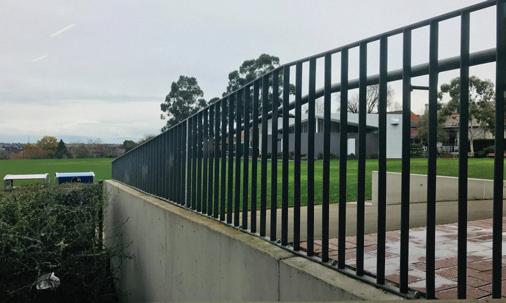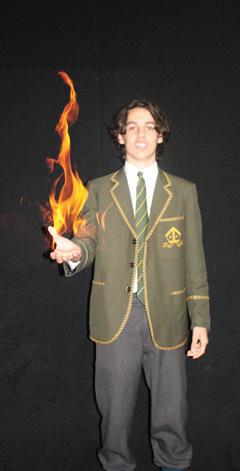s a r n d e p m A Trinity Grammar School’s Literary Magazine A forum for the best writing produced by Trinity students in 2019
Issuu converts static files into: digital portfolios, online yearbooks, online catalogs, digital photo albums and more. Sign up and create your flipbook.





















